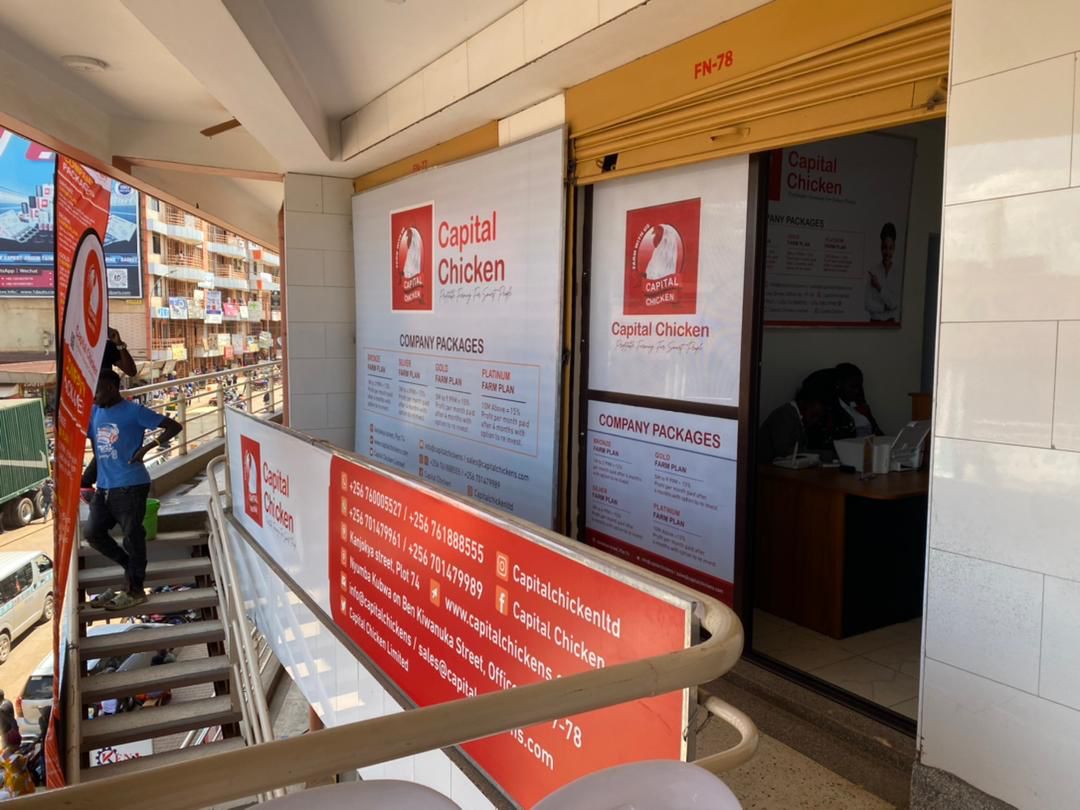In a culinary comeback of epic proportions, South Sudan and Uganda have reignited their maize trade, defying a three-month hiatus that left maize lovers on both sides of the border yearning for the golden grains.
Ambassador Simon Juach, the envoy of South Sudan to Uganda, declared the revival, revealing that exporters had ceased shipments due to perceived bureaucratic hurdles in South Sudan’s food safety protocols.
This hiatus, though, was shattered by an accord inked between the two nations’ Bureau of Standards, demanding Uganda enforce rigorous quality controls on its maize exports.
Juach, in a televised interview with a Ugandan network, divulged that the storm that brewed in May 2023 over the South Sudan Bureau of Standards’ stringent tests was finally quelled after an intense face-off of standard bearers from both nations.
“The deadlock from May, when the South Sudan Bureau of Standards unearthed traces of aflatoxin in some consignments, has been vanquished, as the two standard-bearers of commerce reconciled,” Juach announced.
He elucidated that the imbroglio was instigated by unscrupulous actors procuring grains from unregistered sources, circumventing the established channels.
“They weren’t sourcing from certified producers, but rather plucking from the open markets,” Juach lamented, painting a vivid picture of the transgressors.
To thwart a recurrence of the aflatoxin fiasco, the Uganda Bureau of Standards now shoulders the onus of certifying the maize’s unimpeachable quality before it crosses into South Sudan. A seamless flow of grains is anticipated, as Uganda, with newfound zeal, complies with the pact.
The saga began in May 2023 when the South Sudan Bureau of Standards commandeered 62 laden Uganda trucks, subjecting their precious cargo to a battery of lab tests.
A disheartening revelation followed – traces of perilous chemicals were discovered. Aflatoxin, the sinister specter, reared its head, a naturally occurring toxin with a penchant for infiltrating crops, imperiling all who dare consume it.
Just months prior, Ugandan food scientists unearthed a more insidious peril, branding locally-produced maize, sorghum, and groundnuts as potential cancer catalysts.
Yet, in this maize marvel, a phoenix rises from the ashes, as South Sudan and Uganda turn the page on adversity, uniting in a fervent dedication to culinary security.
The maize, once a symbol of discord, now stands as a testament to unity, beckoning forth a prosperous era of cross-border gastronomic harmony.
Do you have a story in your community or an opinion to share with us: Email us at Submit an Article








